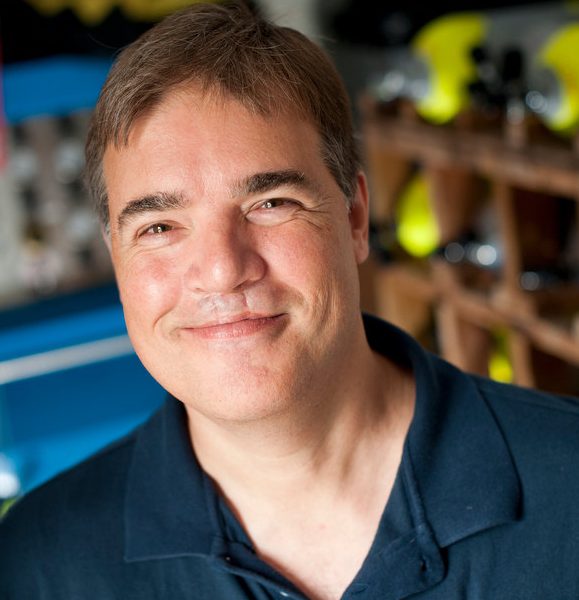
Brian Helmuth
Expertise:
- Environmental Policy; Ecological Forecasting; Sustainability, Marine Ecology
About Brian Helmuth
My research and teaching focus on predicting the likely ecological impacts of climate change on coastal ecosystems, and on the people who rely on them for their well-being. My lab applies a wide range of approaches, including the development and deployment of novel sensors, physiological and ecological experimentation to measure the vulnerability of key marine organisms, and the mapping of these vulnerabilities to inform marine spatial planning. Our work has shown some surprising results, and has suggested that our expectations of where to look for the effects of climate change in nature can be more complex than previously anticipated. This complexity suggests that unless we know where and when to look for impacts of climate change, many early impacts could go unnoticed.
I also work collaboratively with the Cognitive Laboratory of Environment and Arts Research, a team of psychologists, architects, and visual artists to explore how people perceive the world around them, and how this influences their engagement in conservation. My lab also works closely with informal educators such as the Museum of Science, Boston to explore climate adaptation strategies using community scientists.
While much of my work has focused on the coastline of New England, my students and I work collaboratively with other scientists from across the globe in places such as Argentina; China; Hong Kong; Iraq; Israel; Italy; Portugal; and the U.K. I serve as a science advisor to ocean explorer Fabien Cousteau, and am deeply involved in his efforts to build Proteus, the International Space Station of the Ocean.
Prof. Helmuth is a joint appointment between the College of Science and the School of Public Policy and Urban Affairs.
Mailing Address:
The Helmuth lab uses mathematical and physical models to incorporate the many factors of our changing climate to predict patterns of body temperature in key intertidal organisms around the world.
Publications:
-
Google ScholarRead
Brian Helmuth in the news


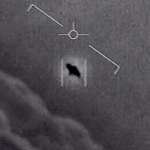
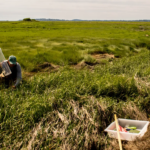

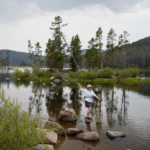

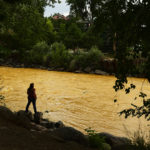
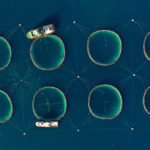
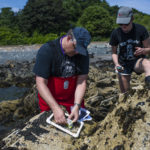


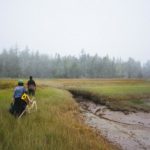


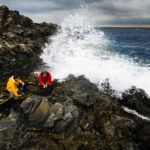
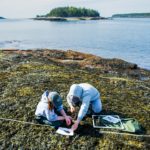






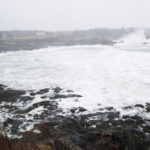






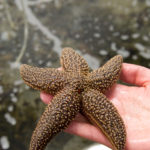




Your Tomorrow Starts Here.Learn More Today.